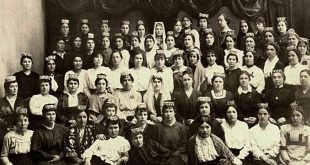This article focuses on reviewing green jobs from the Islamic perspective, and concepts and principles such as squander (israf), cleanliness (nizafah), waste (Iitlaf), no-harm (La zarar) and causation (Tasbib) are directly mentioned as a necessary condition for green jobs.
The concept of green jobs emerged in 2007 as a means for conserving energy, minimizing natural gas emissions, reducing pollution and waste and protecting and improving ecosystems. The practice of decent employment through such jobs has caught on significantly and shown much positive effects. Decent work refers to employment opportunities that provide for fair income, security, improving personal and social development and promoting equality. Combining green job and decent work as a new approach can alter the traditional perspective of labour laws. According to the Islamic view, the Qur’an has taken into account all such concepts directly or indirectly. This article focuses on reviewing green jobs from the Islamic perspective, and concepts and principles such as squander (israf), cleanliness (nizafah), waste (Iitlaf), no-harm (La zarar) and causation (Tasbib) are directly mentioned as a necessary condition for green jobs. This paper examines the concept of green job based on content analysis approach within Islamic jurisprudence.
Bibliographic Information
Title: Shari’ah Perspective on Green Jobs and Environmental Ethics
Authors: Mehdi Shabannia Mansour, Kamal Halili Hassan and Parviz Bagheri
Published in:Ethics, Policy & environment, Volume 20, 2017
Language: English
Length: 18 pages
 Ijtihad Network Being Wise and Faithful Muslim in the Contemporary World
Ijtihad Network Being Wise and Faithful Muslim in the Contemporary World

